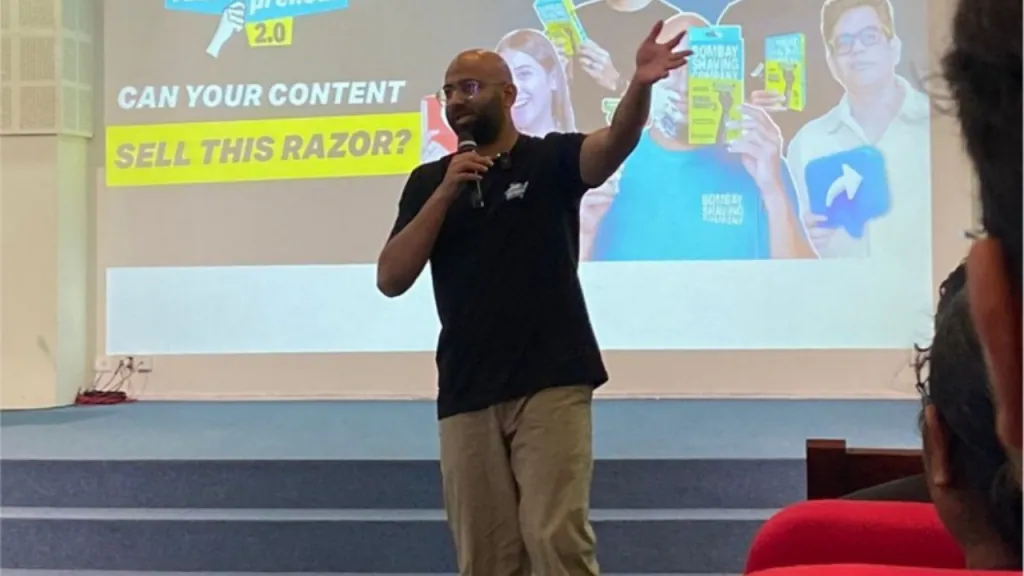Now Reading: Shantanu Deshpande Says The Minimalist Model Won’t Last: Founder-Led Brands Face Tougher Market Ahead
-
01
Shantanu Deshpande Says The Minimalist Model Won’t Last: Founder-Led Brands Face Tougher Market Ahead
Shantanu Deshpande Says The Minimalist Model Won’t Last: Founder-Led Brands Face Tougher Market Ahead

Shantanu Deshpande, founder of Bombay Shaving Company, has stirred conversation in India’s startup and consumer goods circles with his sharp take on founder-led D2C brands. In a recent discussion, he predicted that brands like The Minimalist may not survive beyond the next 3–5 years, arguing that emotional branding alone can’t hold up against industry giants like HUL in the long run. His comments reflect growing pressure on niche brands to scale or fade.
Founder-Led Charm Has Its Limits
Deshpande acknowledged the innovation and audience loyalty that founder-led brands often enjoy in their early stages. But he believes this initial “magic” tends to wear off if not backed by strong supply chains, capital muscle, and mainstream expansion. His reference to The Minimalist was direct—suggesting that storytelling alone can’t sustain a business model in competitive FMCG or personal care markets.
The message: charm must evolve into structure.
Why This Matters in the Indian Market
In India’s booming D2C space, brands like The Minimalist, Mamaearth, and others carved early success by offering a unique voice, targeted digital outreach, and community-led engagement. But as they scale, they face challenges from legacy giants like Hindustan Unilever, ITC, and Marico—firms with deeper pockets, broader distribution, and time-tested systems.
For Tier 2 city consumers—from Indore to Nagpur—brand trust still heavily leans toward products seen on shelves, not just Instagram. And that’s where the fight intensifies.
Is Scaling the Only Way Forward?
Deshpande’s view isn’t dismissive of founder-led businesses—it’s a caution. Once a brand hits a ceiling, staying niche can become a trap. Without institutional capital, backend strength, or retail reach, many startups struggle to survive in the mass market.
In cities where internet penetration is growing but still uneven, digital-first brands may struggle unless they invest in traditional marketing and offline visibility.
Pushback and the Other Side of the Debate
Some industry voices argue that founder-led brands still have a place if they stay authentic and agile. Not every business needs to beat HUL at its game—some can thrive by staying focused, premium, or purpose-driven. The key is knowing when to pivot and when to pause.
Also, as consumer preferences shift toward ingredient-conscious, transparent products, niche brands still hold emotional and ethical appeal for younger buyers.
Conclusion
Shantanu Deshpande’s bold prediction may not sit well with all, but it opens up an important conversation. For India’s growing ecosystem of digital-first brands, the real challenge isn’t launching—it’s lasting. Founder passion may start the journey, but only operational depth, strategy, and scale will decide who stays and who fades.
























